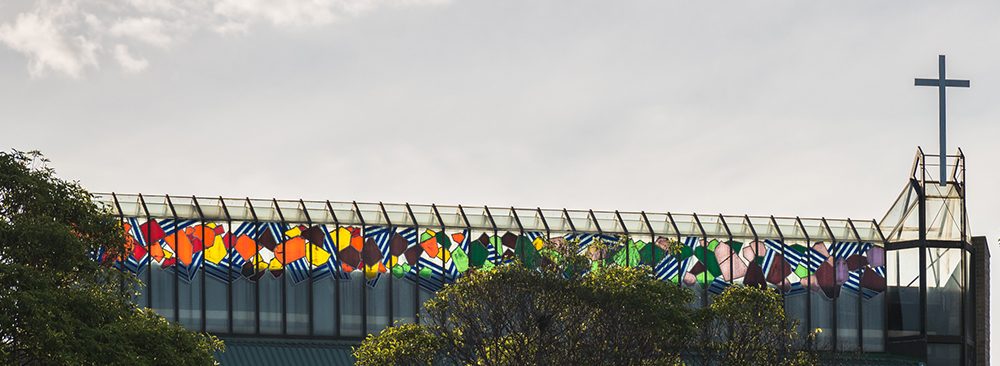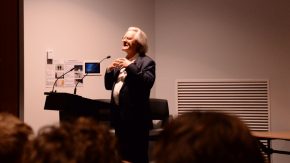Curiosity – a necessity in developing understanding
Psalm 143:5 ‘…I meditate on all your works and consider what your hands have done.’
The focus within the weekly chapel services throughout Term 2 is to address some of the questions that the students have about God, eternity and living a purposeful life. At the start of Term 1, all students were given the opportunity to pose questions that they have in regard to spiritual matters and what they want to know about God.
The response was quite strong with hundreds of forms completed, where boys asked questions such as;
- ‘Is God tolerant or intolerant?’
- ‘Why do so many bad things happen in the world today?’
- ‘What does God do for us/me?’
- ‘If God is real, why are there still wars that take place?’
- ‘How does God watch over us?’
- ‘How do I properly discover God?’
- ‘Has God ever made mistakes?’
- ‘Why would God allow children to develop brain cancer?’
- ‘Where exactly is God?’
To me, such questions reveal a heightened level of curiosity amongst the student body and a strong desire to seek an understanding of complex issues. To some of us, there might be a ready response to such questions, while others might choose to place these into the ‘too hard’ basket or leave them for another day. It is our desire here at Newington to engage in discussion about spiritual matters, in an attempt to broaden our understanding within the community beyond what each of us have already experienced.
In the Bible, Jesus often refrained from providing concrete answers to the questions that were presented to him. When people asked Jesus a question, often he gave them a question back. He liked to share his thoughts through parables that required his audience to go away and figure out the answer for themselves. I think this is a really significant thing to understand regarding how we learn from God. It’s not about waiting for answers, but rather, daring to follow the questions God stirs in our hearts. Jesus showed us that not only is it okay to question who God is — what his nature is, how he operates, and how he thinks of us — but a necessary step in developing our understanding of God.
Rev Geordie Barham
College Chaplain






